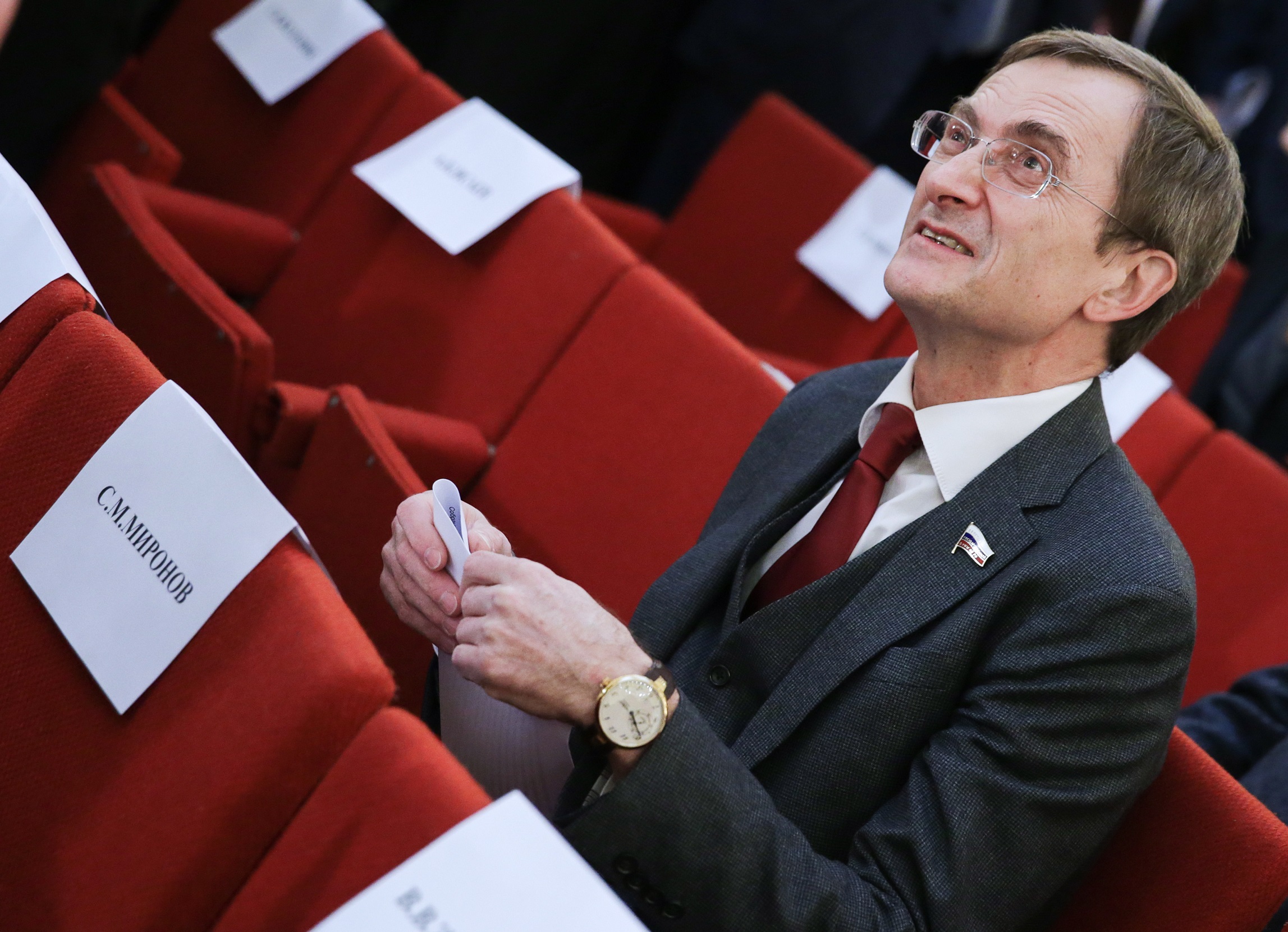ID :
394049
Mon, 01/18/2016 - 15:36
Auther :
Shortlink :
https://oananews.org//node/394049
The shortlink copeid
State Duma vice speaker calls for cancelling visa regime between Russia and Iran

MOSCOW, January 18. /TASS/. Russian State Duma Vice Speaker Nikolay Levichev has said that Russia and Iran should introduce a bilateral visa-free regime.
"Introducing a visa-free regime between Russia and Iran will become a logical step in developing cooperation between the two countries," Levichev said in a statement distributed by A Just Russia Party on Monday.
The vice speaker said that Iran demonstrates great interest in Russia and its culture. Iran could also become a popular destination for Russian tourists, he added. "Last year Russian tourists lost two popular vacation destinations - Egypt and Turkey. The Islamic Republic of Iran, with its unique oriental flavor of ancient Persia, may very well fill the void," Levichev explained.
He noted that conditions for cancelling visas are "more favorable than ever." "Relations between Moscow and Tehran are on the rise. The Islamic Republic of Iran has returned to the international community, in many ways thanks to our efforts," he stressed.
Levichev added that Russia and Iran are implementing "hundreds of joint projects in different spheres - from agriculture to space."
On January 16 international sanctions were lifted from Iran after the International Atomic Energy (IAEA) verified Tehran’s compliance with the nuclear deal.
Agreement on Iran’s nuclear program
On 14 July 2015, the P5+1 group of international mediators (five permanent members of UN Security Council - US, UK, Russia, China, France - and Germany) and Iran signed the Joint Comprehensive Plan of Action on Tehran’s nuclear program. Iran will not produce weapons-grade plutonium and limit its stockpile of uranium enriched to 3.67 percent to 300 kilograms for the next 15 years. Tehran also agreed to modernize its nuclear facilities and use them for exclusively peaceful purposes.
Sanctions will be gradually removed from Iran. The arms embargo imposed by UN Security Council will be kept in place for five years, ban for supplying ballistic missile technologies to Iran - for eight years. Experts from the International Atomic Energy Agency (IAEA) will monitor nuclear facilities in Iran for the next 25 years. If any points of the agreement are violated by Iran, sanctions against the country will be renewed.
On July 20, the corresponding resolution on Iran’s nuclear program agreement was adopted by UN Security Council.
Read more





